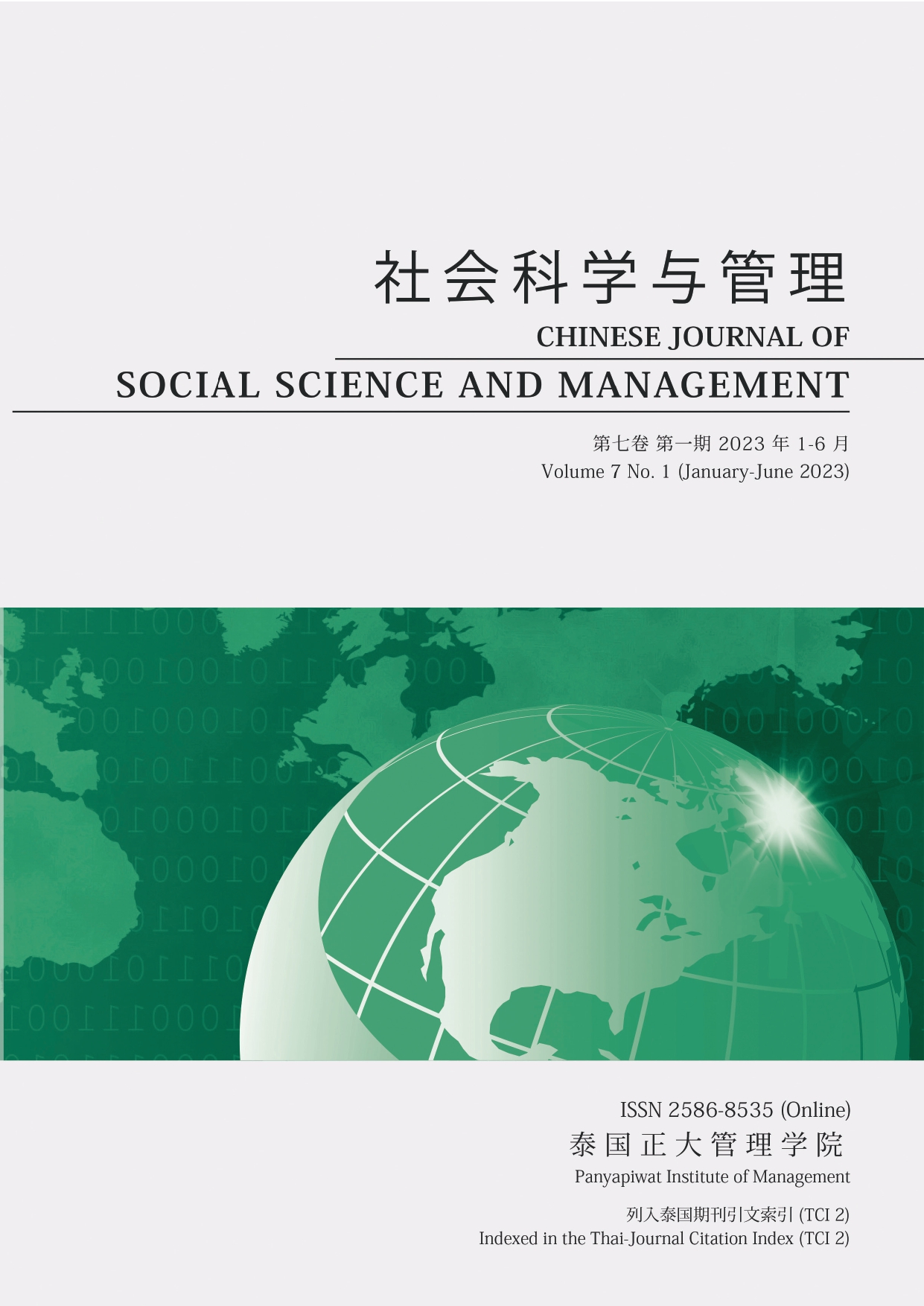AN EMPIRICAL STUDY OF PSYCHOLOGICAL CAPITAL AND JOB SATISFACTION OF METRO EMPLOYEES
Main Article Content
Abstract
Underground employees’ job satisfaction decreases with a decisive impact on the metro’s operational safety. This paper used questionnaires, mailboxes and feld surveys to select samples from the two core rail transit companies in the Chengdu Chongqing Economic Circle and conducted a series of empirical studies concerning the impact of employee psychological capital on job satisfaction through regression analysis. The results showed a signifcantly positive relationship between psychological capital and job satisfaction, with psychological capital having a substantially positive effect on each dimension of job satisfaction. Therefore, this study will help to enrich the research on metro and other urban rail transport enterprises, as well as expand the scope of research on employee psychology, provide empirical support on how to establish a “psychological capital-oriented system to improve the metro employees’ job satisfaction level”, and propose management insights on how to better improve job satisfaction among metro employees.
Article Details

This work is licensed under a Creative Commons Attribution-NonCommercial-NoDerivatives 4.0 International License.
Chinese Journal of Social Science and Management Editorial Division
The Office of Research and Development, Panyapiwat Institute of Management
85/1 Moo 2, Chaengwattana Rd., Bang Talat, Pakkred, Nonthaburi 11120, Thailand
Tel. 02 855 01048 E-mail: cjssm@pim.ac.th
References
Chen, C. (2015). Entrepreneur’s psychological capital and entrepreneurship performance: A test of hybrid model. Science Research Management, (10), 85-93. [in Chinese]
Chen, W. Y. (2016). Research on the influence mechanism of university teachers’ job performance based on the perspective of psychological capital [Doctoral dissertation]. China University of Mining and Technology. [in Chinese]
Fornell, C., & Larcker, D. F. (1981). Evaluating structural equation models with unobservable variables and measurement error. Journal of Marketing Research, 18, 39-50.
Kang, T. T. (2017). Research on the relationship between job satisfaction and job performance of it industry employees [Master’s thesis]. Southwest University.
Luthans, F. (2004). Social, and now positive psychological capital management: Investing in people for competitive advantage. Organizational Dynamics, 33(2), 143-160.
Luthans, F. (2007). Psychological capital: Developing the human competitive edge. Oxford University.
Lv, R. (2006). Job satisfaction evaluation. China Business Review, (5), 152-153. [in Chinese]
Mao, X. H. (2017). Technical staff satisfaction survey analysis and countermeasure research in a construction enterprise [Master’s thesis]. Southwest Jiaotong University. [in Chinese]
Shen, D. H. (2014). An empirical study on relationships among attribution, working pressure, job satisfaction and work performance focus on knowledge workers born after 1985 [Master’s thesis]. South China University of Technology. [in Chinese]
Xie, X. Q., & Zhang, L. (2020). Psychological needs and turnover behavior of Xinjiang scientifc and technological workers: The mediating role of job satisfaction——Based on 1826 survey questionnaires on the status of scientifc and technological workers in the corps. Labor Security World, (15), 80-81. [in Chinese]
Yue, J. L., & Guo, S. X. (2018). Research on the relationship between psychological capital and safety performance of railway locomotive crew. China Safety Science Journal, (S1), 1-5. [in Chinese]
Zhang, L. (2010). A study on cultural differences in job satisfaction between the employees of state-owned and foreign-invested enterprises in Nanjing [Master’s thesis]. Shanghai International Studies University. [in Chinese]
Zhou, P., & Jiang, X. Z. (2013). Work pressure and job satisfaction of state-owned enterprise managers: The moderating effect of psychological capital. East China Economic Management, (9), 134-137. [in Chinese]


